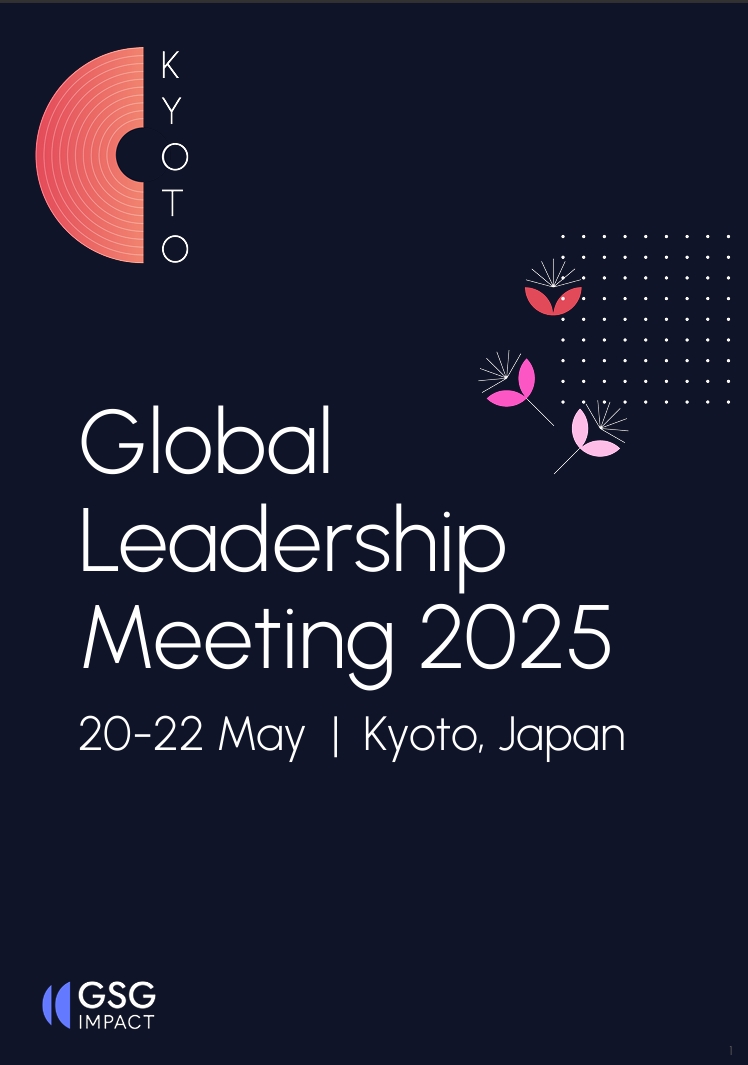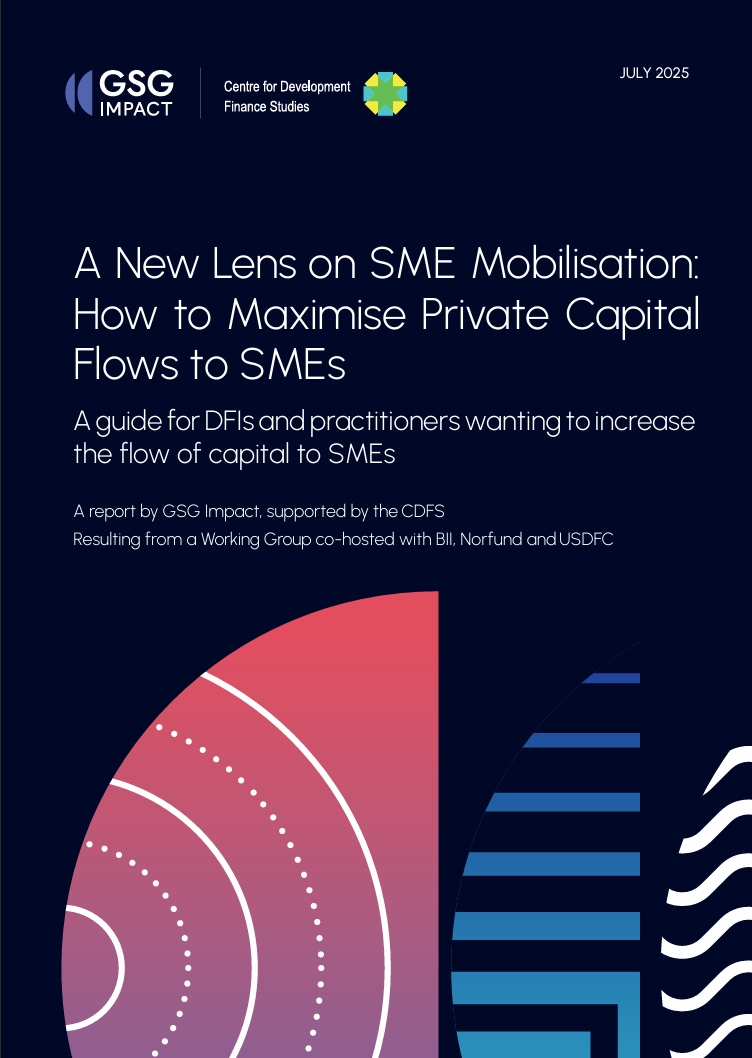
The Impact Transparency agenda has gained worldwide momentum, largely driven by significant progress in advancing sustainability and impact-related disclosure standards. However, doubts remain around market readiness for the adoption of sustainability disclosure norms in emerging economies (EMDEs), particularly by SMEs that are part of regional and/or global supply chains through their links with larger reporting entities.
Additionally, there have been relatively low levels of engagement by key stakeholders from emerging economies in the design of these globally relevant disclosure standards. This raises questions about how suitable the standards are for EMDEs, and in turn, their potential to be fully adopted.
The Global South, home to 85% of the global population and over 50% of the world’s biodiversity, must be included in the design of a global sustainability reporting baseline. This is particularly relevant as the next generation of standards on social-related disclosures begins to take shape.
The findings outlined in this report shed light on some of the major challenges and opportunities, specific to EMDEs, that the global trend for greater impact transparency brings, including:

The need to consider the realities of SMEs, including those operating informally, to develop a truly inclusive global reporting baseline

Navigating the tension between adopting and adapting the global baseline

The need and opportunity to complement regulation with market-driven incentives and evidence to boost adoption of sustainability disclosures

A call to tailor capacity building efforts to meet the needs of distinct markets and stakeholders which are diverse in nature

The need to amplify the voices of EMDEs in global sustainability standard-setting efforts, in particular to inform and influence future social-related disclosures
Over three months GSG Impact, supported by its National Partners, consulted over 500 stakeholders, in-person, across countries in Africa, Latin America and South-East Asia. This included representatives from: listed and non-listed companies, micro, small and medium-sized companies, financial regulators, stock exchanges, accounting and auditing firms, national accounting standard setters, government agencies, industry associations, federations of accountants, public development banks, investors and academia.
The project was conducted with support from the UK Foreign and Commonwealth Development Office (FCDO) and in partnership with the IFRS Foundation’s International Sustainability Standards Board (ISSB), the United Nations Development Programme (UNDP), and the International Foundation for Valuing Impacts (IFVI).








